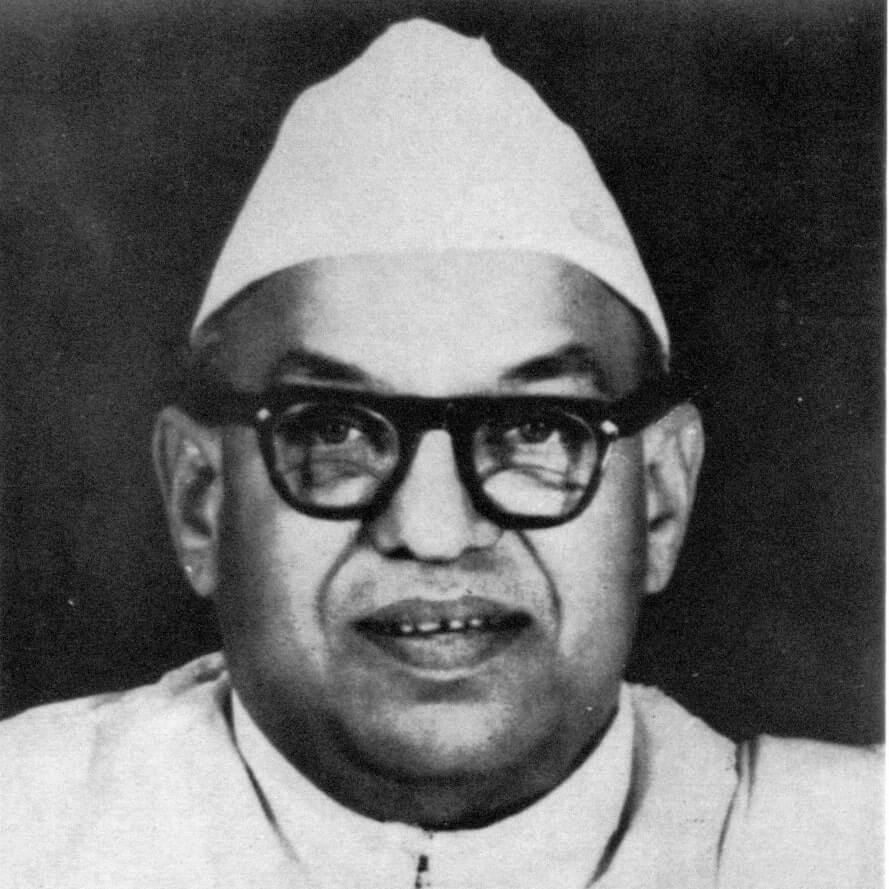Early Life:
Madabhushi Ananthasayanam Ayyangar was born on 4th of February 1891 in Thiruchanur, Chittoor, Andhra Pradesh. He attended the Devasthana High School, Tirupati and went on to obtain a B.A degree from Pachiappa’s College, and a law degree from Madras Law College.
After having begun his career as a Mathematics teacher, Ayyangar joined the legal profession in 1915 and built a law practice. He advocated for Indian judicial reform-argued for the judicial system to be centred on Indian conditions rather than merely importing the British practices.
Role in India’s Independence Movement:
He was deeply involved in the Non-Cooperation Movement in 1921, individual Satyagraha in 1940 and the Quit India Movement in 1942.
In 1934, he was elected to the Central Legislative Assembly from the Indian Congress Party as a move to influence the British from within the government. In the Legislative Assembly, he was known for his oratory and debating skills; he took part in the proceedings and provided valuable insights on all issues.
Contribution to Constitution Making:
Ayyangar was elected to the Assembly from Madras province on a Congress Party ticket.
In the Assembly, he actively participated in the debates and intervened in issues ranging from fundamental rights of arrested and detained persons, to the Supreme Court.
Later Contributions:
Ayyangar was appointed as the Deputy Speaker between 1952 to 1956 and thereafter as the Speaker of Lok Sabha from 8th March 1956 to 16th April 1962.
He held various positions including Delegate, Commonwealth Parliamentary Conference, Ottawa, 1952; Chairman, Railway Convention Committee, 1954; Governor of Bihar between 1962 and 1967.
He passed away in 1978.
Key Writings:
His writings include ‘Our Parliament and Indian Culture and Religious Thought‘.
- During the discussion on Article 22 (which deals with protection against arrest and detention), he argued against imposing 24 hours time limit to produce an arrested person before the magistrate.
- When the Assembly was discussing articles on the Supreme Court, he asserted for a strong and independent judiciary. He pointed out the importance of laying down provisions that regulate the appointment of judges, salary and tenure of office to ensure no interference from the executive.
- Invoking the example of American President Roosevelt appointing Felix Frankfurter, Professor from Harvard University, to the US Supreme Court, Ayyangar argued that our Constitution must allow for the appointment of a jurist to the Supreme Court.
- Days before the Constitution was adopted, he made a long speech hailing the efforts of the Assembly in the drafting of the Constitution. He pointed out that in a world where countries are either ‘political democracies’ with economic dictatorship or ‘socialist dictatorships’ with no political freedom, India emerged as a ‘socialist democracy’ protecting both political and economic freedoms of its citizens.

